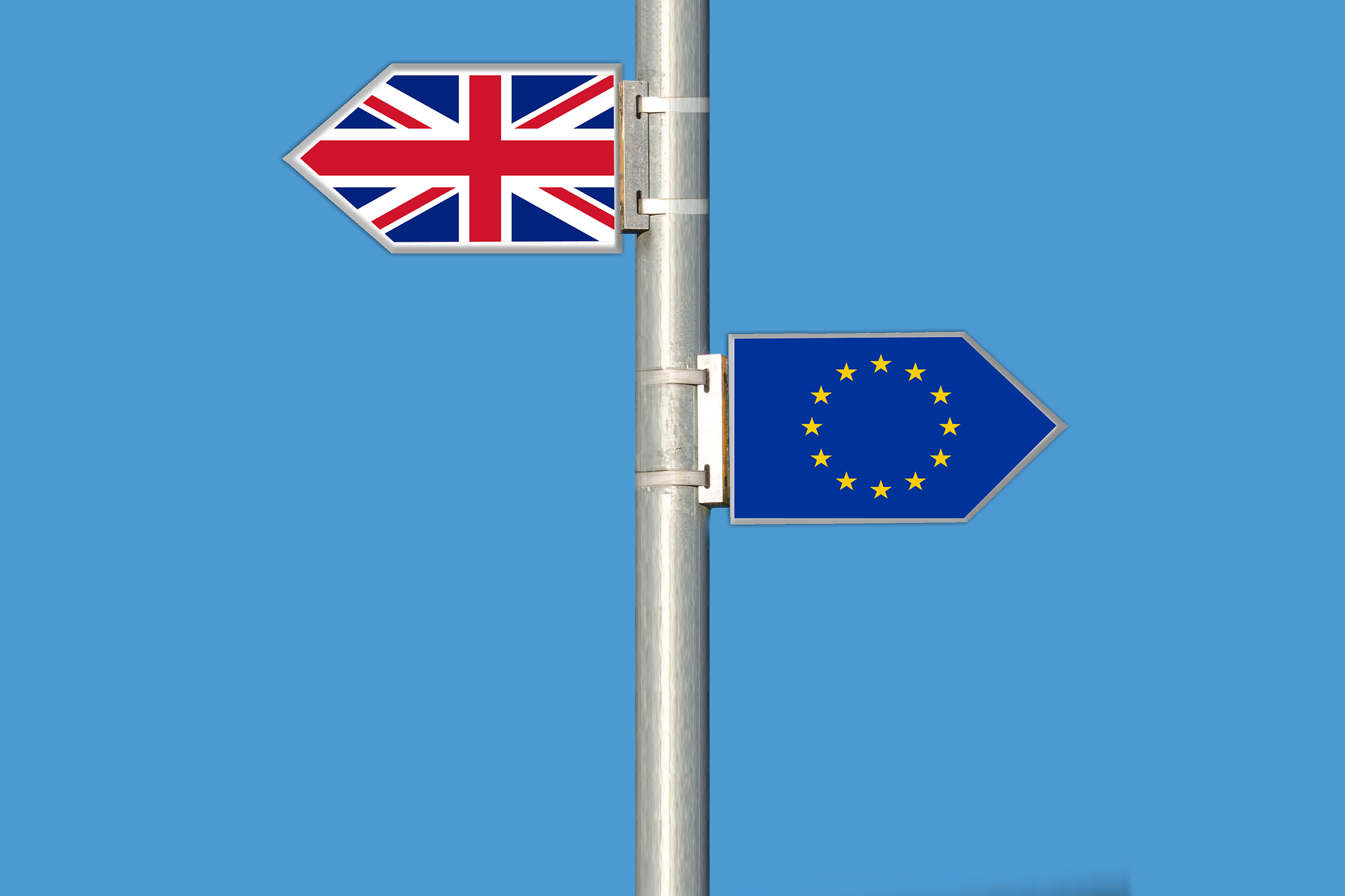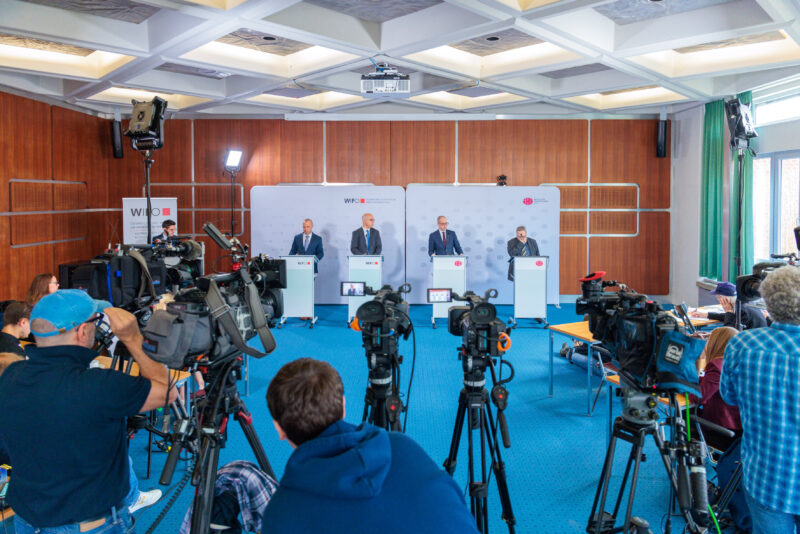
Brexit: A unique opportunity? – © pixabay.com
04.05.2017
Brexit as opportunity to reform the EU budget
1.EU Member States should seize the unique opportunity offered by the Brexit for a fundamental reform of EU expenditures.
EU expenditures should only target policy areas in which Member States’ un-coordinated actions will be insufficient or policy areas in which common European interests are at stake. Sustainability-oriented tax-based own resources could act as a catalyst to secure the agreement of net contributor countries to uphold the current expenditure level.
The current discussion about the EU budget after the Brexit strongly focuses on its future volume and the effects on national contributions. At the same time, however, the Brexit offers a unique opportunity for fundamental sustainability-oriented structural reforms of the EU budget. To create more European value added with a focus on sustainability, overall agricultural expenditures should be reduced and greened; cohesion funds should be shifted more effectively from „richer“ to „poorer“ Member States and coupled more strongly to climate and employment goals as well as a pro-active migration and integration policy; and expenditures for sustainability-oriented research and infrastructure should be increased.
By replacing national EU contributions with sustainability-oriented tax-based own resources like an EU-wide carbon-based flight ticket tax, a net wealth tax, a financial transactions tax and a Common (Consolidated) Corporate Tax Base, the EU system of own resources can support central EU goals. Whether the Brexit is really able to support future-oriented reforms of the EU budget will eventually depend on how Member States will adapt to the expected revenue shortfall of € 10 billion annually: by increasing national contributions or introducing additional revenue sources; by expenditure cuts; or by a combination of these two options. Substituting a substantial share of national contributions by sustainability-oriented tax-based own resources may act as a catalyst to secure the agreement of net contributor countries to uphold the current expenditure level in exchange for far-reaching reforms of the expenditure structure.
Link to full article: Austrian Society for European Politics
By replacing national EU contributions with sustainability-oriented tax-based own resources like an EU-wide carbon-based flight ticket tax, a net wealth tax, a financial transactions tax and a Common (Consolidated) Corporate Tax Base, the EU system of own resources can support central EU goals. Whether the Brexit is really able to support future-oriented reforms of the EU budget will eventually depend on how Member States will adapt to the expected revenue shortfall of € 10 billion annually: by increasing national contributions or introducing additional revenue sources; by expenditure cuts; or by a combination of these two options. Substituting a substantial share of national contributions by sustainability-oriented tax-based own resources may act as a catalyst to secure the agreement of net contributor countries to uphold the current expenditure level in exchange for far-reaching reforms of the expenditure structure.
Link to full article: Austrian Society for European Politics
Please contact

Macroeconomics and Public Finance
Further news
Examination of the Extent of Revisions for the Period from 2020 to 2024
09.07.2025
Mid-term Evaluation of the Federal Government's RTI Strategy 2030
07.07.2025
Economic Development in the Austrian Federal States in 2024
03.07.2025
Structure of Long-term Sick Leave
02.07.2025
WIFO Economists Publish New Book on Austrian Competitiveness
30.06.2025
Video: Opening Discussion and Pulse Lecture
27.06.2025
Results of the WIFO-Konjunkturtest (Business Cycle Survey) of June 2025
27.06.2025
Economic Outlook for 2025 and 2026
26.06.2025
Research Group Industrial, Innovation and International Economics
20.06.2025
Workshop on Sustainability, Inequality and Innovation
18.06.2025
Video: Research Seminar with Matthias Schnetzer and Eva Six
18.06.2025
Aviso: Press Conference on 26 June 2025
18.06.2025
WIFO Business Cycle Report of June 2025
12.06.2025
WIFO Research Brief: Between Insurance and Social Policy
06.06.2025
WIFO Economic Talks 2025
04.06.2025
That is Slightly Higher Than the EU Average of 0.66 Percent
26.05.2025
"EU GDP to grow by of 1.2 percent in 2025 and 1.5 percent in 2026"
23.05.2025
WWWI: Calendar Weeks 18 to 23 2025
20.05.2025
Call for Papers – Deadline for submissions: 15 July 2025
20.05.2025
WWWI: Calendar Weeks 14 to 19 2025
20.05.2025
Video: Research Seminar with Ulrich Glogowsky
19.05.2025
Price Effects Dampen Real Development
14.05.2025
But Global Uncertainty Persists
13.05.2025























